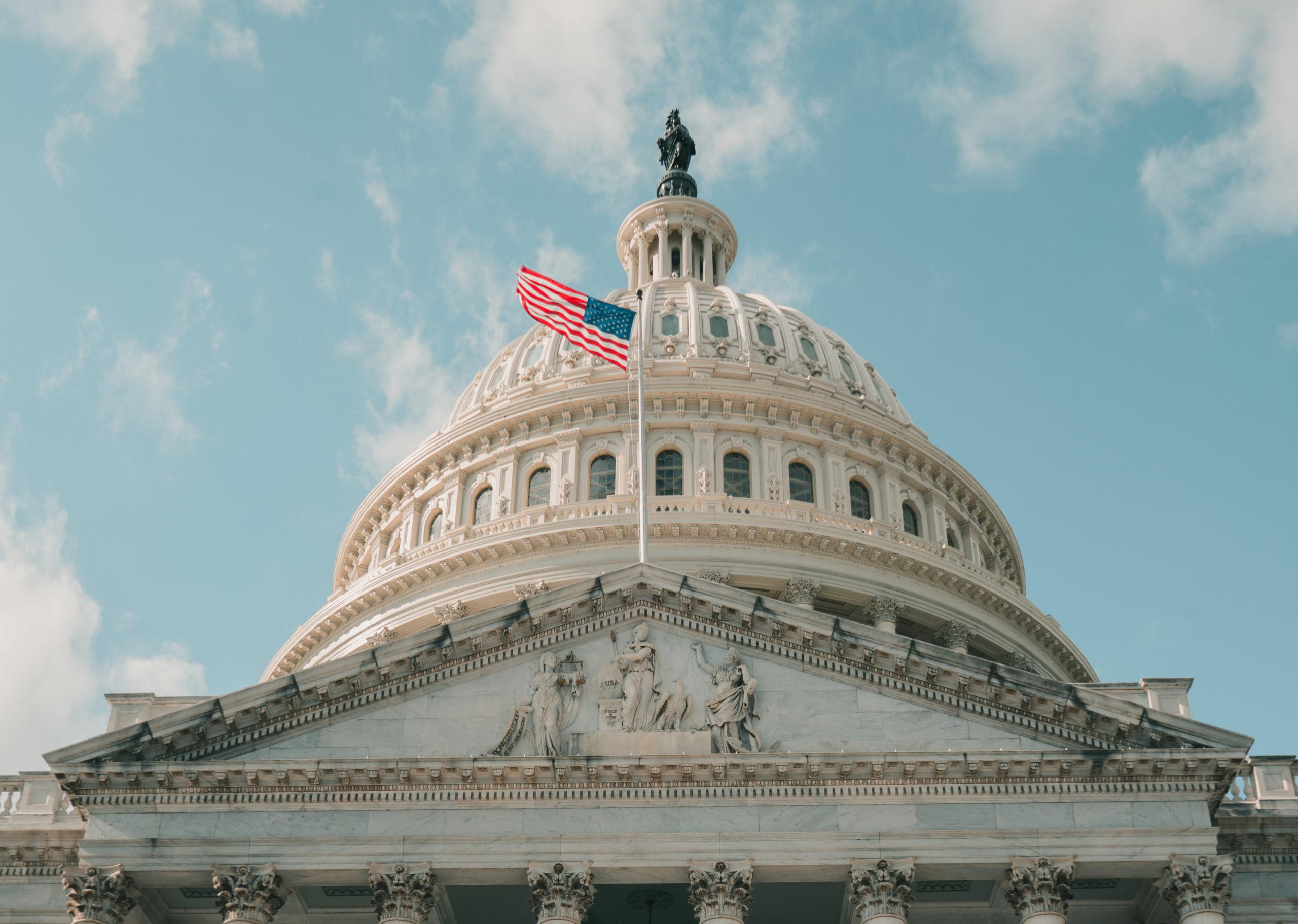
E-2 Visa: Treaty Investor Visa
The E-2 visa is an excellent option for individuals looking to start or invest in a business in the U.S.
Key Requirements:
- You must be a citizen of a country with an E-2 treaty with the U.S. (Check eligibility for your country).
- Make a substantial investment in a U.S.-based business. While there is no minimum investment defined by law, at least $100,000 is typically required in practice.
- Demonstrate that the business is not marginal and has the potential to create economic benefits, such as jobs for U.S. workers.
- Actively manage or direct the business.
- Provide documentation proving the legal source of investment funds.
Conditions and Rights:
- Status under the E-2 visa lasts for 2 years and can be renewed indefinitely, provided the business operates successfully and generates profit.
- Visa validity periods vary by nationality.
- Spouses and children (under 21) can accompany you, and your spouse may apply for work authorization.
- Allows flexible residency: you can live in the U.S. full-time or make frequent short visits to avoid U.S. tax residency.
- Does not provide a direct path to a Green Card but can complement other immigration strategies.
Who Should Consider E-2?
This visa is ideal for entrepreneurs and investors from treaty countries. If your country is not on the treaty list, consider alternatives like the EB-5 or L-1 visa.
L-1 Visa: Intra-Company Transfer
The L-1 visa is designed for executives, managers, and specialized knowledge employees transferring to a U.S. branch, subsidiary, or affiliate of their company.
Key Requirements:
- Must have worked for the same company abroad for at least 1 year within the last 3 years.
- The U.S. office must have a qualifying relationship with the foreign office (e.g., parent, subsidiary, or affiliate).
- Your role in the U.S. must be in an executive, managerial, or specialized knowledge capacity.
Conditions and Rights:
- Initially issued for 1-3 years, with extensions up to 7 years for executives and managers (5 years for specialized knowledge employees).
- Offers a potential pathway to a Green Card through the EB-1C category (Multinational Executive/Manager).
- Allows flexible residency similar to the E-2 visa.
- Spouses can apply for work authorization, and children can attend school.
Who Should Consider L-1?
The L-1 visa is suitable for business professionals aiming to expand their company’s operations in the U.S. It’s particularly valuable if you’re considering eventual permanent residency.
O-1 Visa: Extraordinary Ability Visa
The O-1 visa is for individuals with extraordinary ability or achievements in fields such as science, arts, education, business, or athletics.
Key Requirements:
- Demonstrate a high level of expertise and recognition in your field (e.g., awards, publications, critical contributions).
- Have a U.S. job offer. If self-employed, you may establish a business in the U.S. and sponsor yourself.
Conditions and Rights:
- Initially granted for up to 3 years, with 1-year extensions for ongoing projects.
- Can transition to a Green Card through the EB-1 category for extraordinary ability.
- Offers residency flexibility similar to the E-2 and L-1 visas.
Who Should Consider O-1?
This visa is ideal for individuals who have achieved significant recognition in their field and wish to work temporarily in the U.S.
Other U.S. Visa Categories to Explore
H-1B Visa: Specialty Occupations
- For professionals with a bachelor’s degree (or equivalent) working in specialized fields such as IT, engineering, or healthcare.
- Employer sponsorship is required, and the annual cap is 85,000 visas. In recent years, over 400,000 applications have been submitted annually, making this a highly competitive visa category.
F-1 Visa: Student Visa
- For academic or vocational studies in the U.S.
- Allows part-time on-campus work and post-graduation employment through Optional Practical Training (OPT) or STEM OPT extensions.
B-1/B-2 Visa: Business and Tourism
- For short-term visits for business (B-1) or leisure (B-2).
- Does not permit employment but allows activities like opening a bank account or starting a business.
Choosing the right U.S. visa depends on your personal and professional goals, financial resources, and qualifications. While the EB-5 program provides a pathway to a Green Card through investment, alternatives like the E-2, L-1, and O-1 visas offer flexible options for entrepreneurs, executives, and talented individuals. Evaluate your options carefully and consult with an immigration professional to navigate the complexities of U.S. immigration laws.




